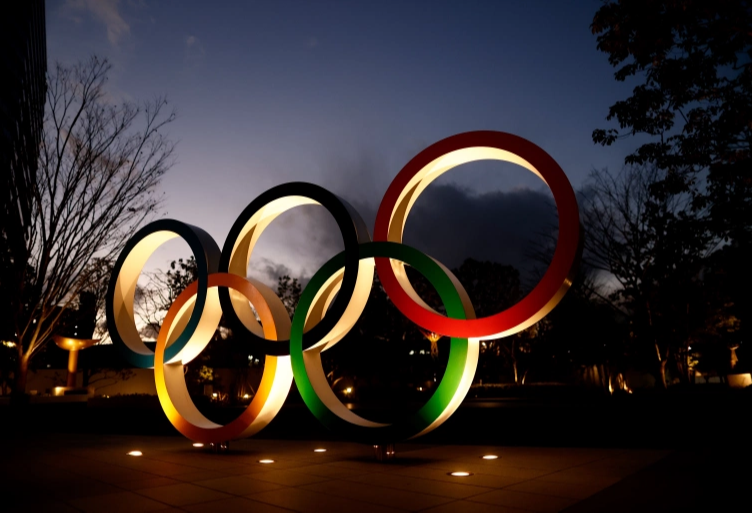
The IOC's Athletes' Commission chief said 70 percent of the athletes consulted were against any protests within the fields of play or the podiums [Behrouz Mehri/AFP]
Tokyo, April 22 (RHC)-- Taking a knee during the Tokyo Olympics or lifting a clenched fist in support of racial equality will be punished as the International Olympic Committee (IOC) maintained its ban on athletes’ protests inside stadiums, at ceremonies and on podiums.
The IOC’s Rule 50 forbids any kind of “demonstration or political, religious or racial propaganda” in venues and any other Olympic area and the Games body concluded the rule should be maintained following an athlete consultation.
Against the backdrop of the Black Lives Matter (BLM) movement against racial injustice, calls have increased in recent months for a change to that rule that would allow athletes to protest. Some international federation chiefs, including World Athletics’ President Sebastian Coe, have said athletes should have the right to make gestures of political protest during the Games.
The IOC’s Athletes’ Commission chief Kirsty Coventry, who led a review of the rule, said 70 percent of the athletes consulted were against any protests within the fields of play or the podiums. “I would not want something to distract from my competition and take away from that. That is how I still feel today,” Coventry, a former Olympic swimming champion for Zimbabwe, said in an online presentation of the Rule 50 consultation results.
Coventry said there were a series of recommendations approved by the IOC’s Executive Board on Wednesday, including providing clarity on sanctions, more information about Rule 50, a change of wording of the Olympic Oath with messages on inclusion, and producing athlete apparel with inclusive messaging.
The IOC’s recommendations are the result of a consultation process that started in June 2020 and involved more than 3,500 athletes. The Tokyo Olympics, delayed by a year due to the coronavirus pandemic, will hopefully get underway on July 23rd.

